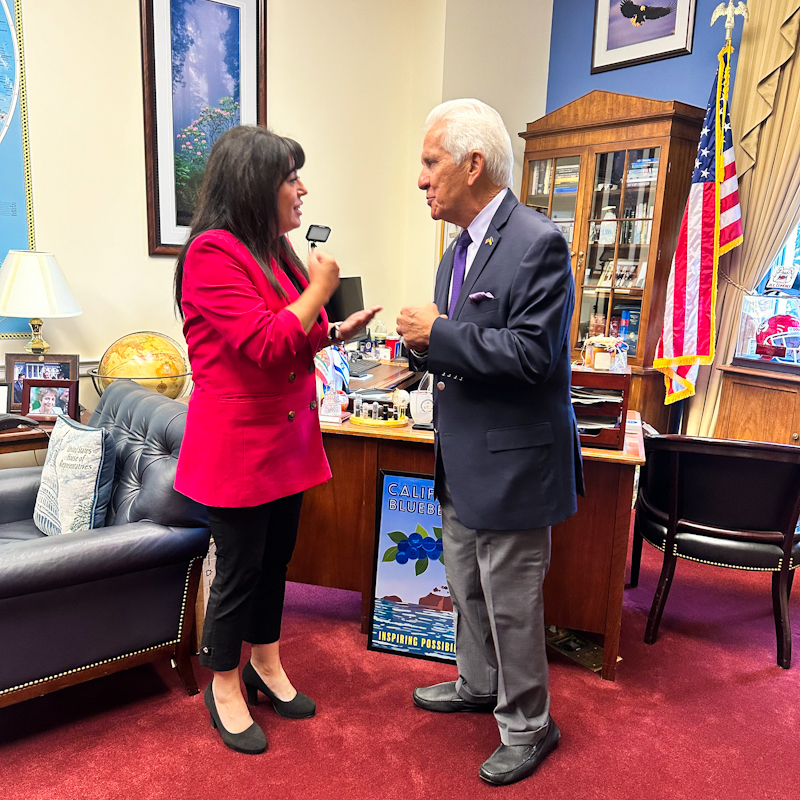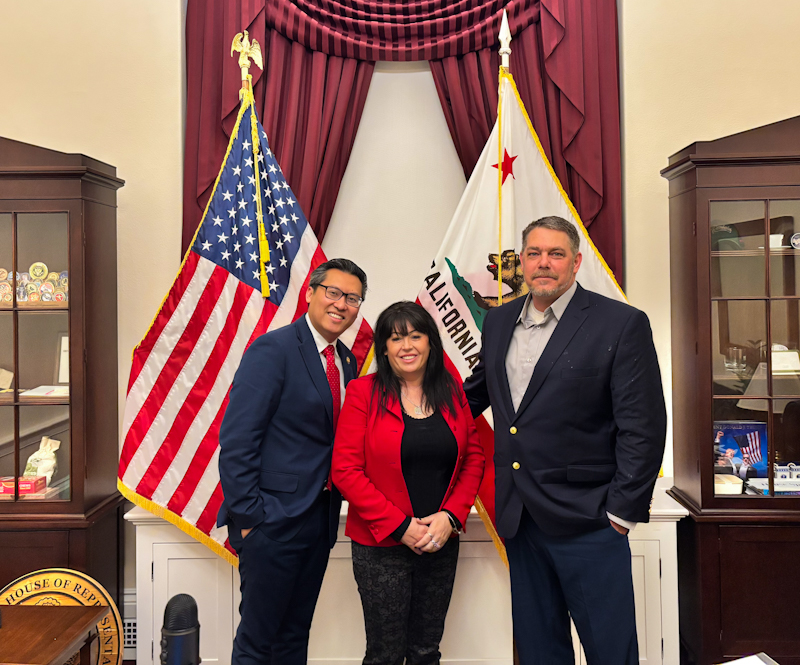(K-LOVE Closer Look) -- For Debra Rush, co-founder and CEO of Breaking the Chains in California’s San Joaquin Valley, the battle against human trafficking is deeply personal. Her experience spans generations, as her own mother was trafficked starting in the 1960s. Rush herself was forced into ‘the life’ as a teenager, a consequence of her mother’s drug debt. Her rescue, thanks to an alert Fresno police officer, eventually led her to advocate for others and transform her pain into prevention and survivor care. Her journey of healing and activism began in 2008 at a simple conference workshop that named her trauma for what it was. “This was not something that I chose,” Rush finally realized, but “this was something that had actually been brewing... I had been groomed for many years and didn’t even realize it.”
She has since dedicated herself to dispelling harmful myths—most victims are not abducted by strangers but gradually manipulated by people already present in their lives.
Yet, trafficking’s reach proved heartbreakingly persistent. Rush’s own daughter was later murdered by traffickers. “If this could happen to my child, it could happen to anyone’s child,” she warns, highlighting the grim statistic that trafficking victims average just seven years of life without intervention.
The Hidden Victims Next Door
The first trafficking case for Sacramento Police Detective Jason Collins was a personal reckoning: the 12-year-old victim he met was the same age as his own daughter. “Our victims are coming from our local neighborhoods,” Collins finds. “They’re not being kidnapped off the streets, they’re not being transported from other countries.”
Instead, most victims come from seemingly safe communities—suburban homes, foster care, or families in crisis—often hidden behind a veneer of normalcy.
Alarmingly, between 2015 and 2020, more than 13,000 individuals were trafficked in Sacramento County alone, a pattern echoed across other American cities. He says the average age of entry is just 16, with victims often exploited through complex grooming, manipulation, and promises of love or safety.
Traffickers are methodical. “These guys are great at identifying the vulnerabilities of our victims,” Collins notes. Social media has only magnified their reach, providing traffickers a tool to pose as peers to unsuspecting teens.
Dismantling Myths and Facing the Demand
Both Rush and Collins stress the urgent need to change perceptions. “My trafficker wasn’t a stranger,” Rush emphasizes, saying he was a ‘friend’ of her mother’s and built a relationship with young Debra. When he invited her to a concert down in Los Angeles, "it was a no-brainer” for her teenage self, she says. “I definitely wanted to go." The manipulation was subtle but devastating.
Victims may welcome and enjoy the special attention at first, but soon realize they are trapped, says Rush. Silenced by threats of violence, they will likely display subtle warning signs: unexplained gifts, changes in behavior, exhaustion or social withdrawal— all signals that parents, teachers, neighbors and church leaders can look for.
But as Detective Collins emphasizes, fighting trafficking is not just about rescuing victims; it’s about choking off demand. “The buyers fueling this industry come from all walks of life—blue collar jobs, coaches, professors, sometimes even law enforcement,” he says. Without addressing this demand, prevention is incomplete. Stern punishment for buyers must be a part of societal response.
Turning Pain Into Purpose
Despite overwhelming statistics and personal losses, Rush and Collins see glimmers of hope through education, vigilance and policy reform. Rush’s advocacy has reached from local task forces to Washington D.C., shaping prevention policies and survivor support at the national level. Law enforcement teams and survivor-led nonprofits, in partnership with parents and ordinary citizens, are making progress in identifying and helping victims—provided the community gets involved.

Both urge decisive action. “If we see something, we can say something,” Rush insists, repeating the mantra of effective intervention. Collins, meanwhile, advocates for strong, loving parental involvement: “Do your best to support and provide your children a foundation for self-esteem.”
For support or to get involved, visit Breaking the Chains at BTCfresno.org or contact local anti-trafficking organizations working to combat trafficking happening near you.
Call the National Human Trafficking Hotline toll-free hotline at 1-888-373-7888: Anti-Trafficking Hotline Advocates are available 24/7 to take reports of potential human trafficking.
- Text the National Human Trafficking Hotline at 233733. Message and data rates may apply.
- Chat the National Human Trafficking Hotline via humantraffickinghotline.org/chat.

